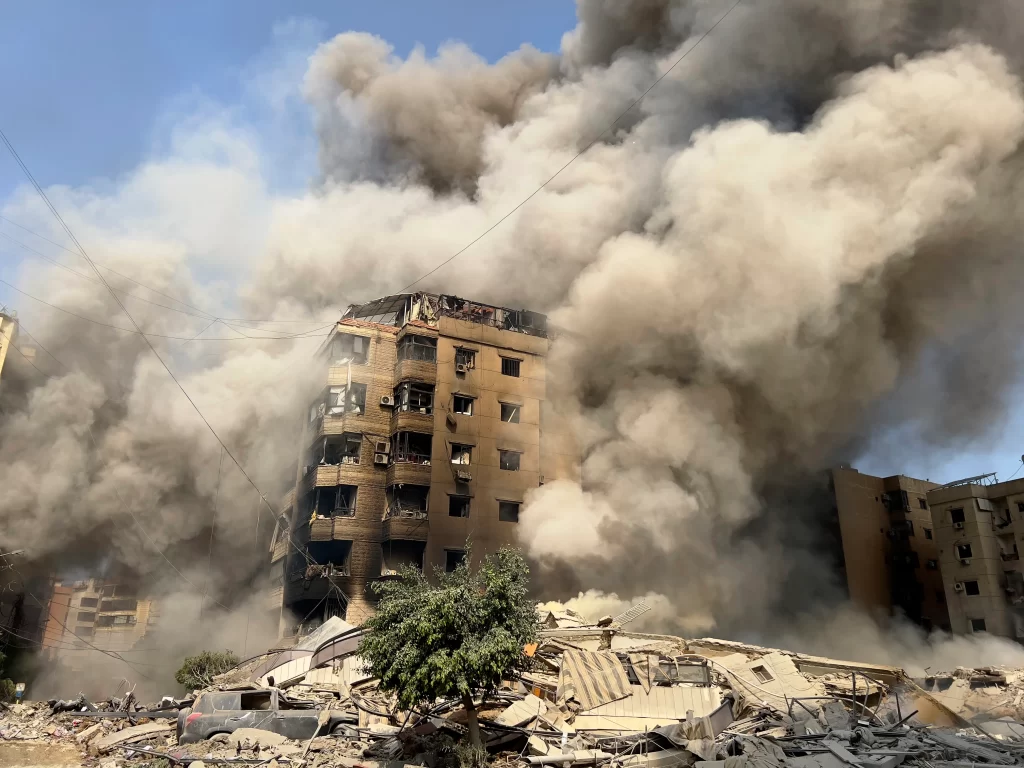Israeli airstrikes in Lebanon killed at least 19 people and injured 108 others on Friday, as reported by Lebanon’s health ministry on Saturday. The attacks form part of a recent surge in Israeli operations targeting Hezbollah positions and other locations in Lebanon since mid-September.
Since Israel intensified its offensive against Hezbollah on September 16, casualties have sharply increased. A CNN tally of health ministry figures estimates that at least 1,972 people have died and over 10,000 have been injured in the ongoing conflict, highlighting the human toll and escalating violence in the region.
Escalating Conflict and Humanitarian Impact
The recent airstrikes are part of a broader escalation in Israeli-Lebanese hostilities, with Israel citing security concerns over Hezbollah’s presence along its northern border. Lebanese civilians have been severely impacted by the strikes, facing casualties, displacement, and extensive damage to infrastructure.
The Lebanese health ministry’s updated figures underscore the urgent need for humanitarian aid, as local hospitals and emergency services struggle to manage the surge in casualties. International observers and humanitarian organizations are increasingly concerned about the conflict’s trajectory and the possibility of wider regional destabilization.
Regional and International Reactions
The international community continues to monitor the conflict closely, with calls for de-escalation and restraint from key global powers. Both sides have shown limited willingness to ease hostilities, creating a complex and volatile situation with significant implications for Middle Eastern stability.

